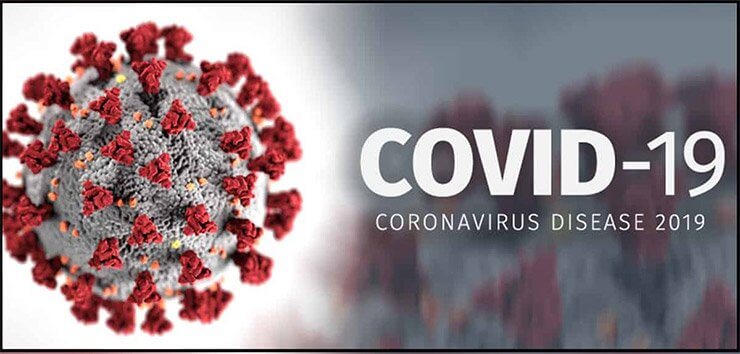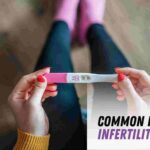Corona viruses (CoV) are a large family of viruses that cause illness ranging from the common cold to more severe diseases such as Middle East Respiratory Syndrome (MERS-CoV) and Severe Acute Respiratory Syndrome (SARS-CoV). A novel corona virus (nCoV) is a new strain that has not been previously identified in humans. Corona viruses are zoonotic, that is they are transmitted between animals and people. Several known corona viruses are circulating in animals that have not yet infected humans. This novel corona virus is called COVID-19, which originated in Wuhan City, Hubei Province, China.
COVID-19 is a respiratory virus that primarily spreads when it comes in contact with the respiratory droplets — coughing, sneezing, saliva or nasal discharge — from an infected person. Most patients with COVID-19 have had links to a large seafood and live animal market, suggesting animal-to-person spread.
How easily the virus spreads?
How easily a virus spreads from person-to-person can vary. Some viruses are highly contagious (spread easily), like measles, while other viruses do not spread as easily. Another factor is whether the spread is sustained, spreading continually without stopping.
The virus that causes COVID-19 seems to be spreading easily and sustainably in the community (“community spread”) in some affected geographic areas.
Can someone spread the virus without being sick?
People are thought to be most contagious when they are most symptomatic (the sickest).
- Some spread might be possible before people show symptoms; there have been reports of this occurring with this new corona virus, but this is not thought to be the main way the virus spreads.
What are the common symptoms?
Common signs of infection include respiratory symptoms, fever, cough, shortness of breath and breathing difficulties. In more severe cases, infection can cause pneumonia, severe acute respiratory syndrome, kidney failure and even death.
How to be safe from corona virus (COVID-19)
There are some preventive actions that can be done to prevent the spread of respiratory diseases,
- Avoid close contact with people who are sick.
- Avoid touching your eyes, nose, and mouth constantly.
- Stay home when you are sick.
- Cover your cough or sneeze with a tissue, then throw the tissue in the trash.
- Clean and disinfect frequently touched objects and surfaces using a regular household cleaning spray or wipe.
- Wash your hands frequently with soap or always carry a hand sanitizer with you.
- Consult a doctor if necessary.
Is there any treatment for COVID-19?
There is currently no vaccine to prevent corona virus disease 2019 (COVID-19). The best way to prevent illness is to avoid being exposed to this virus. People who think they may have been exposed to COVID-19 should contact their healthcare provider immediately.





